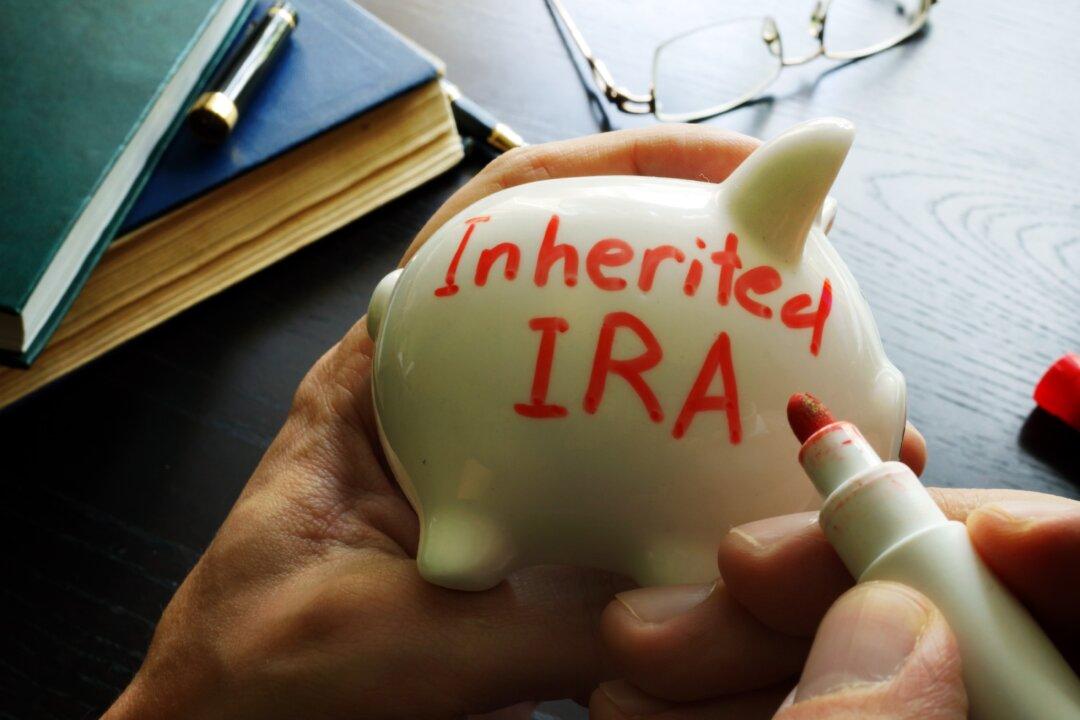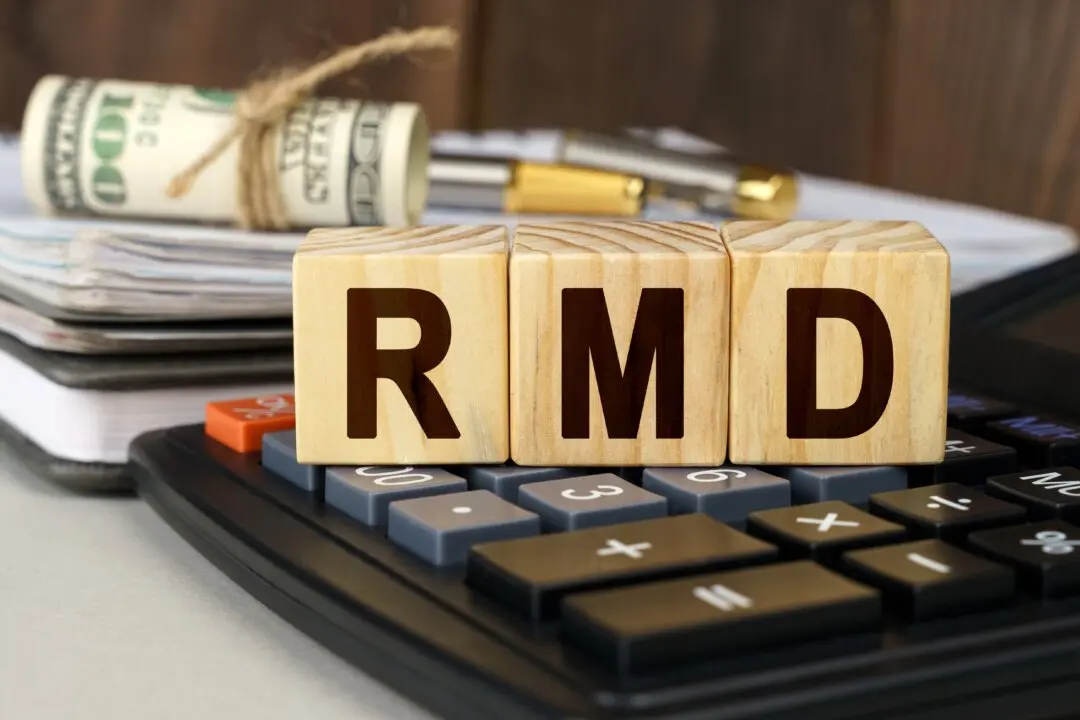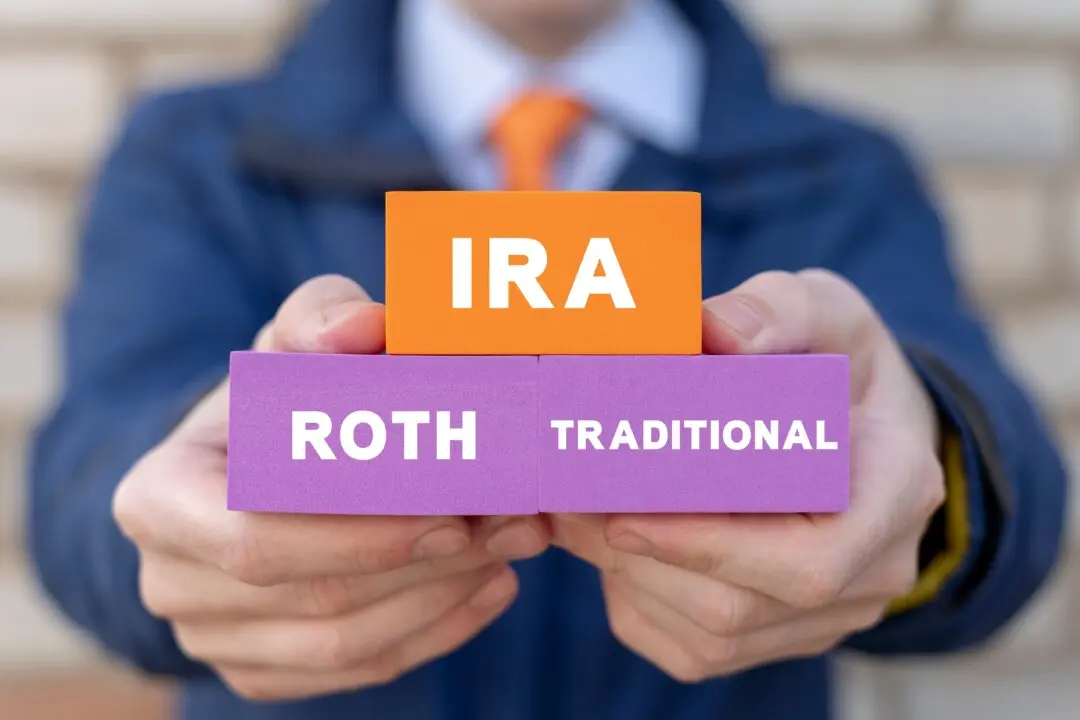If someone left behind tax-advantaged retirement funds for you, there are some points you need to carefully examine in order to make the most of your inherited individual retirement account (IRA).
What Is an Inherited IRA?
An inherited IRA is a type of retirement account opened in a beneficiary’s name after the original account owner passes away. Here are some quick facts about inherited IRAs:- Additional contributions can’t be made into inherited IRAs.
- Most non-spousal beneficiaries must empty the account within 10 years, as a result of the Secure Act of 2019 and the Secure 2.0 Act.
- Inherited IRAs must be the same account type (e.g., traditional or Roth) as the original account.
To understand how inherited IRAs work, it’s best to start by looking at your relationship to the original account owner.






